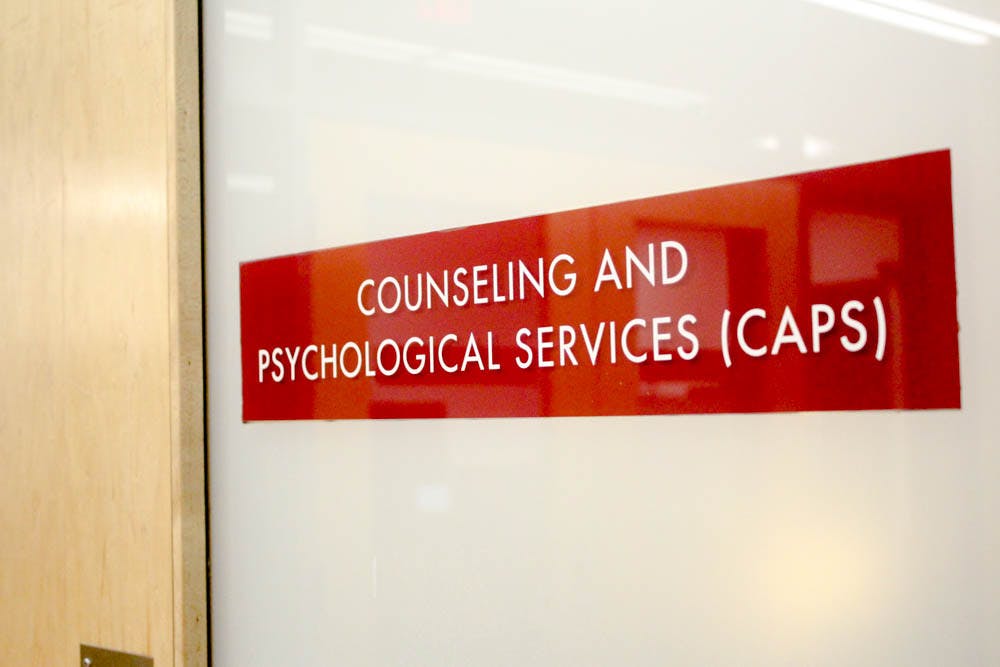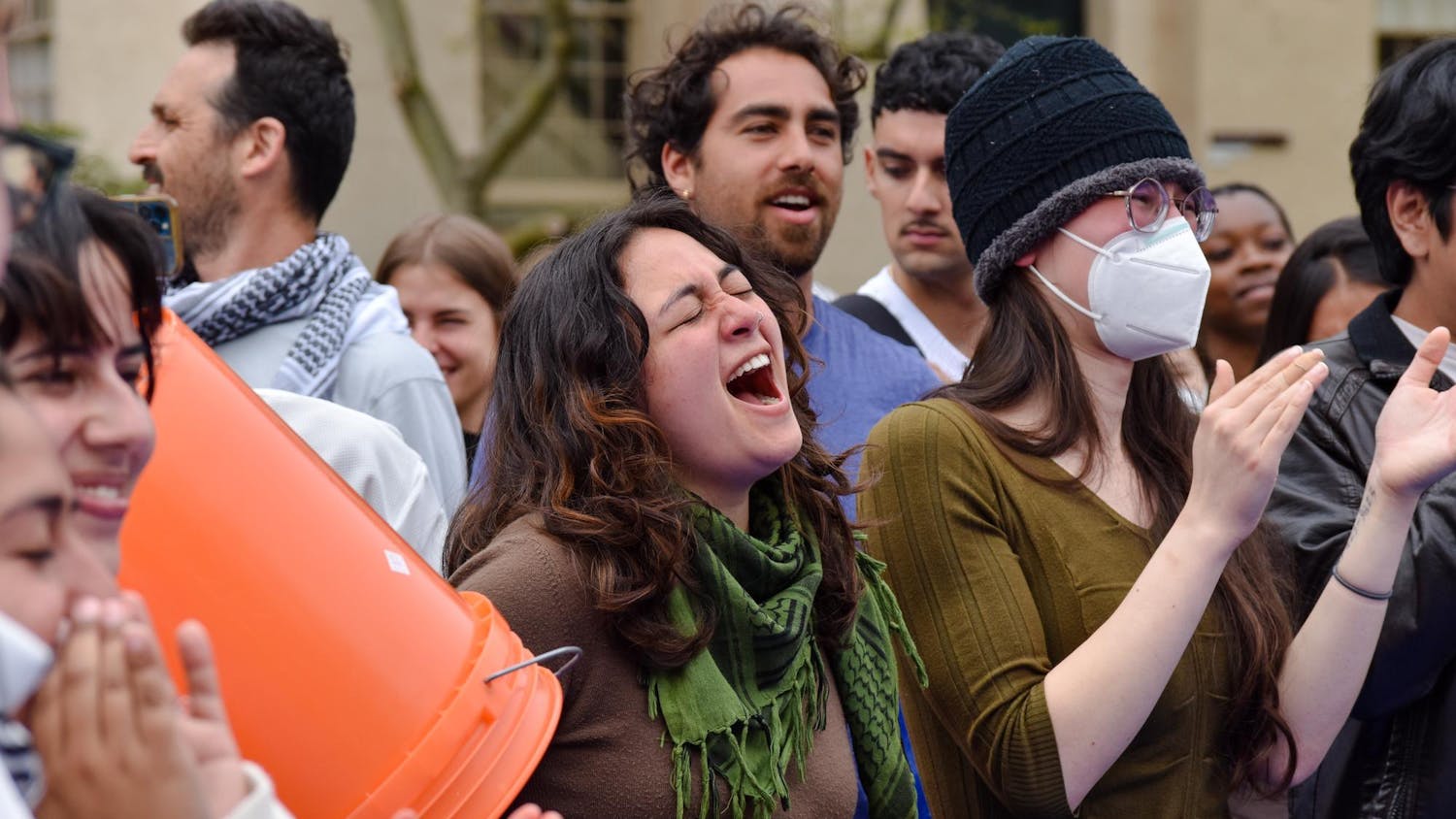As the pandemic has disrupted in-person visits, Counseling and Psychological Services is focusing “on providing available support” to the entire student body, especially remote students who cannot access CAPS psychologists due to state licensing laws, wrote Vanessa Britto MSc ’96, executive director of health and wellness, in an email to The Herald.
Britto told The Herald that after students were sent home March 2020, “therapists continued to provide care remotely” to prevent mental health services from being disrupted. But as the pandemic continued, therapists began to transition students who were out-of-state to local providers in their area. Students were referred to therapists via Psychology Today’s therapist search tool and Zencare, she added.
Neil Sarkar, associate professor of health services, policy and practice, explained that health care providers must be licensed in the state in which the individuals they provide care for reside. “It’s not allowable generally to have a provider … be able to provide care to an individual in another state,” he said.
He added that the same rule applies for providers prescribing medications. Britto wrote that CAPS psychiatrists have conversations with students about how to access medications remotely.
Universities have their own health care facilities independent of “other parts of the healthcare system,” Sarkar said. He added that although the University is unable to provide care over state lines, the University still takes responsibility for students’ health even when recommending students to outside providers.
“The responsibility falls on the University to take care of individuals when they’re in a … transition period,” he said.
Britto acknowledged that while it can be challenging to “(establish) a rapport and (build) trust” with new clinicians, it can be beneficial for students to connect with local providers and form “a relationship that endures longer” than their undergraduate years.
Other resources for remote students include calling CAPS on Demand, a 24/7 telephone line available to students, reaching therapists through Zencare, and contacting their insurance companies for local therapists, Britto wrote. She added that international students can use International SOS, a counseling support hotline, to access “international local care.”
CAPS has also advertised support groups through Today@Brown and has continued to update its website for students, Britto noted. She said that CAPS is exploring “new collaborative relationships” with the Graduate School and maintaining relationships with Global Brown and Student Accessibility Services.
Silver Mckie ’22, co-coordinator of the University’s Project Let’s Erase the Stigma chapter, explained that Project LETS provides an alternative to the mental health care system. They said the student group consists of peer mental health advocates who are trained in general mental health support and are matched with students who request a PMHA. “It’s (a) way of community coming together and supporting each other,” they added.
Mckie said that because Project LETS is a national nonprofit and a community care group, there are different regulations set by Rhode Island mental health laws which allow PMHAs to connect with students in other states.
Project LETS has seen a slight increase in requests for PMHAs since the pandemic, Mckie said. They added that the organization has also seen requests from remote students who cannot access CAPS psychologists.
But Mckie added that PMHAs have had “less capacity” to take on new students as “everyone is feeling the effects of COVID.”
For students on campus, CAPS has been using a telehealth approach, Britto wrote. According to Sarkar, telehealth is the delivery of health care through electronic means. Britto added that CAPS has been using a feature on Zoom which is HIPAA-compliant.
Sarkar said that telehealth has been helpful during the pandemic since there are “restrictions in the community,” but he believes that “there are certain things in (a) mental health visit that need to be done in person,” such as emergency crises.
Kaitlyn Torres is the senior editor of community for The Brown Daily Herald's 133rd Editorial Board. She previously covered diversity as a University News section editor. In her free time, Kaitlyn enjoys listening to The Arctic Monkeys and going on archaeological digs.





